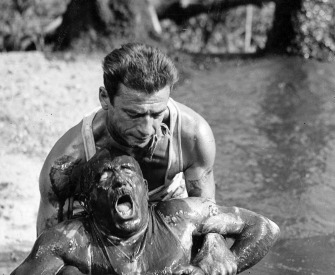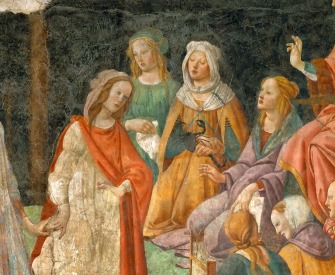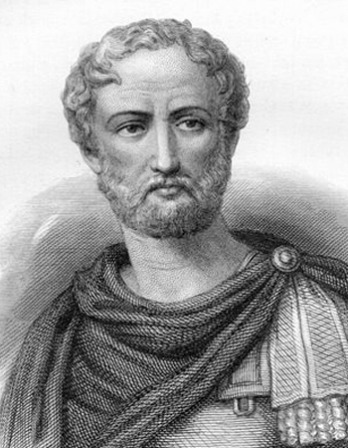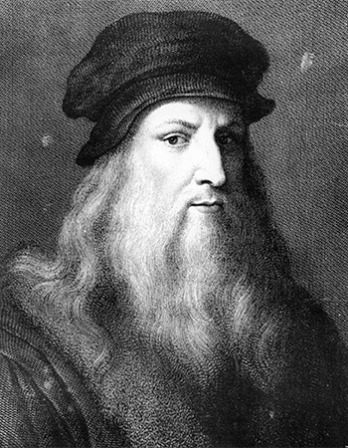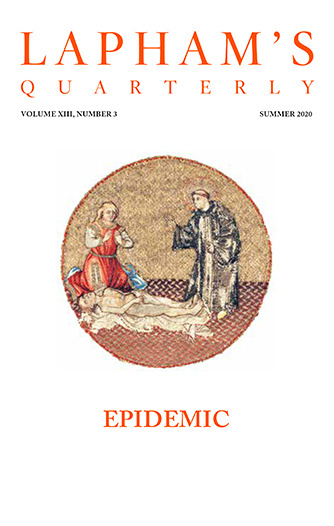Mr. William Macready is an English play actor; Mr. Edwin Forrest an American ditto—and each is eminent in their miserable vocation. They are rivals for popular favor and unfriendly to each other, having lately had a newspaper controversy originating in a charge by Forrest that Macready had caused him to be disparaged and hissed when formerly playing in England, which Mr. M utterly denies. We have not read much of that controversy, but what we did read inclined us to concur strongly in the general judgment that Forrest had damaged himself essentially by provoking and continuing it. We believe there is no exception to this award except among those who are wrapped up in Forrest and go for him on the same principle that they do for “Our country, right or wrong.”
Both actors were announced to play Macbeth on Monday evening—Forrest at the Broadway Theater and Macready at the Astor Opera House. Forrest played his part without hindrance or molestation, while Macready was interrupted, pelted, hooted, and driven from the house by a gang of ruffians, who finally flung chairs and other dangerous missiles from the upper boxes upon the stage, to the peril of life or limb of the players, occasionally enlivening their performance with “three cheers for Forrest.”
A more wanton, tyrannous, and scoundrelly outrage than this we could not well conceive. It was a cowardly theft of the money which the quiet portion of the audience had paid for the expected pleasure of seeing the play. To suppose that, because a man has paid a dollar at the door, he is therefore entitled to annoy and alarm his fellow visitors, to put a stop to the performance, destroy the furniture, and endanger the limbs of the performers, is to evince an intensity of stupidity and ruffianism.
When will the stage, that vaunted school of morality, that fulsome adulator and systematic corrupter of popular liberty, begin to teach its votaries clearer and truer ideas of freedom? When shall the stage have models and heroes nobler than those which now engross the admiration, pervert the judgments, and corrupt the hearts of its most absorbed and fanatical votaries? If the theater is not to be given up as essentially and incurably vicious and vitiating, is it not high time for it to teach nobler lessons and juster principles than those exemplified in the outrage on Macready?
From the New York Daily Tribune. Edwin Forrest by the age of twenty-one was earning a wage of two hundred dollars a night for his performances. His rivalry with William Macready prompted a clash outside the Astor Place Opera House between stone-throwing rioters and police aided by militiamen. At least twenty-two people died, and many more were injured.
Back to Issue
